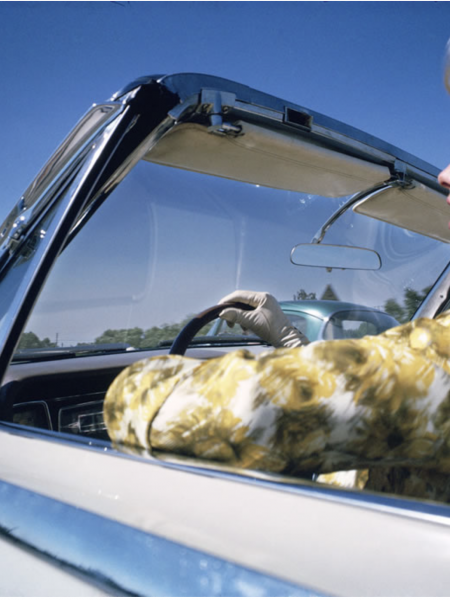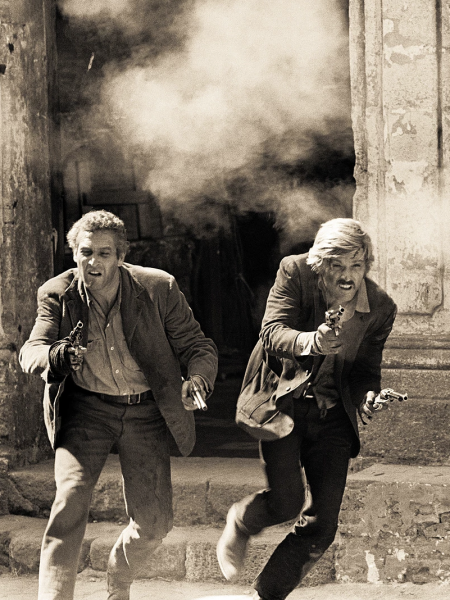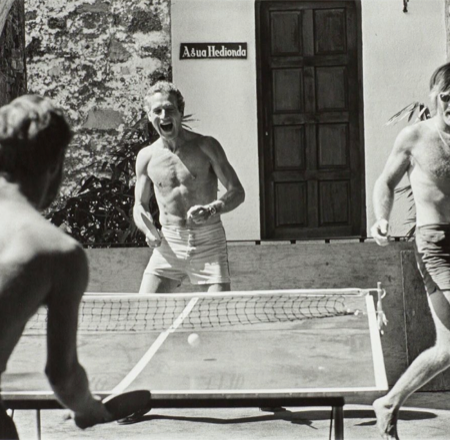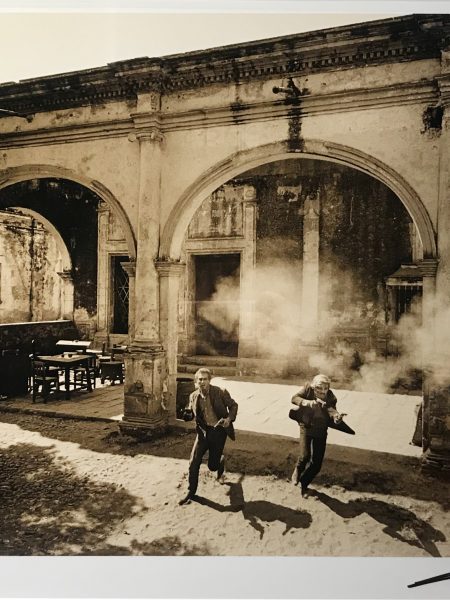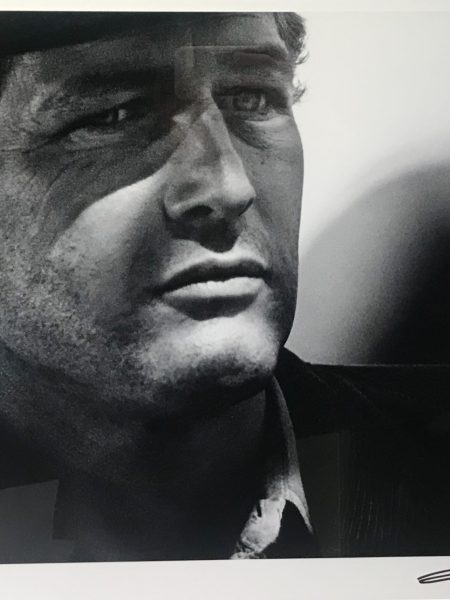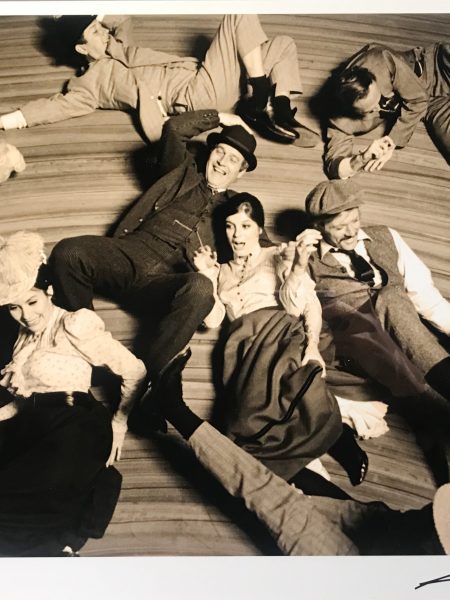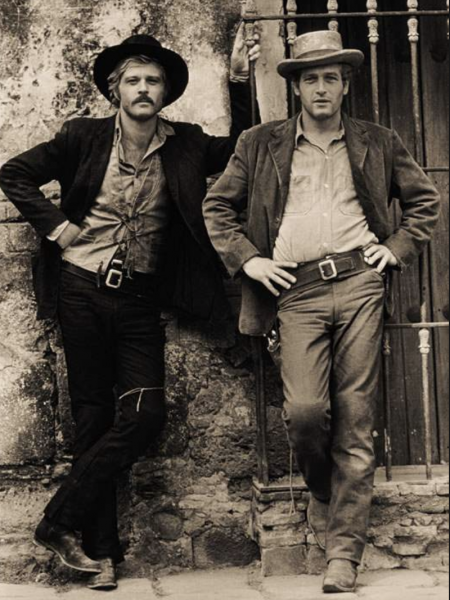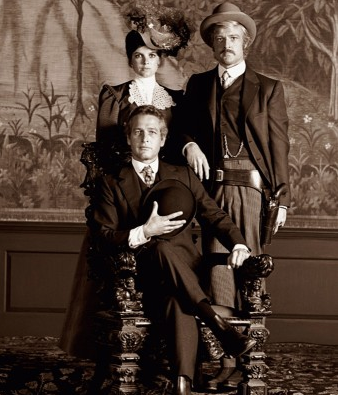Lawrence Schiller

Born in Brooklyn in 1936, Lawerence Schiller’s work began in junior high school in San Diego, when he received his first camera.
Though a childhood accident left him with impaired vision in one eye, he became an obsessive photographer; even while attending Pepperdine College, Lawrence Shiller’s pictures had already appeared in including Life, Newsweek, Time, Paris Match, Stern, and the London Sunday Times. Schiller’s interests and ambitions soon developed into a profession in print journalism, documenting major stories for glossy magazines all over the world. His iconic images of Robert F. Kennedy, Richard Nixon, Bette Davis, Barbra Streisand, Marilyn Monroe, Muhammad Ali, and Madame Nhu, among others are tributes to his doggedness, ingenuity, and charm as well as to his technical proficiency.
In November 1963, while on assignment for the Saturday Evening Post, he reached Dallas in time to photograph Lee Harvey Oswald. Later, he landed Jack Ruby’s final interview. After extensive interviews with the widow of Lenny Bruce, Schiller and the writer Albert Goldman published Ladies and Gentlemen, Lenny Bruce(1974); and, with the photographer W. Eugene Smith, he produced Minamata (1975), the epic pictorial chronicle of mercury poisoning in Japan.
Lawrence Schiller moved into motion pictures by directing a portion of Butch Cassidy and the Sundance Kid(1969) with Paul Newman and Robert Redford, and Lady Sings the Blues (1972), with Diana Ross. He also directed the Oscar-winning documentary The Man Who Skied Down Everest(1972); The American Dreamer (1971), a film on Dennis Hopper; and, after obtaining extraordinary cooperation from the Kremlin, executive produced and co-directed Peter the Great (1986), the Emmy Award-winning television mini-series starring Maximilian Schell, Vanessa Redgrave, and Laurence Olivier.
Perhaps nothing in Lawrence Schiller’s career proved more remarkable, though, than his collaboration with Norman Mailer — a friendship unique in American literary history. For nearly thirty-five years the two worked closely together, on books including Marilyn (1973), The Faith of Graffiti (1974, Oswald’s Tale (1995), Into the Mirror (2002), and The Executioner’s Song (1979), for which Mailer won the Pulitzer Prize. Schiller, who did much of the legwork, interviews, and research for Executioner’s Song, outmaneuvered numerous other reporters to gain exclusive access to the book’s subject, Gary Gilmore, and went on to produce and direct the award-winning television miniseries based upon it, starring Tommy Lee Jones.
Similarly, Lawrence Schiller managed to embed himself into the so-called “Dream Team” defending O. J. Simpson, and with his unique insider’s perspective on the case, co-wrote (with James Willwerth) the New York Times best-selling American Tragedy (1996).
Following the death of Norman Mailer in 2007, Schiller was named senior advisor to the Mailer estate, and is president and co-founder of the Norman Mailer Center and Writers Colony in Provincetown, Massachusetts. He has been a consultant to NBC News and the Annie Liebovitz Studios and has written for The New Yorker, The Daily Beast, and other publications.
Lawrence Schiller has five children and five grandchildren; and lives in New York and Los Angeles. Marilyn & Me is his eleventh book.
Lawrence Schiller Works
-
Lawrence Schiller – Tippi Hedren drives Alfred Hitchcock Los Angeles, 1962
$5,000.00 -
Lawrence Schiller – Butch Cassidy and Sundance Kid, Paul Newman and Robert Redford Firing Guns (Close Up)
-
Lawrence Schiller – Paul Newman and Robert Redford, Ping-Pong
$8,000.00 -
Lawrence Schiller – Paul Newman and Robert Redford Firing Guns
-
Lawrence Schiller – Paul Newman, Butch Cassidy and the Sundance Kid
$3,000.00 -
Lawrence Schiller – Butch Cassidy and the Sundance Kid
$3,000.00 -
Lawrence Schiller – Butch Cassidy and the Sundance Kid
-
Lawrence Schiller – Butch Cassidy and the Sundance Kid
$3,000.00

